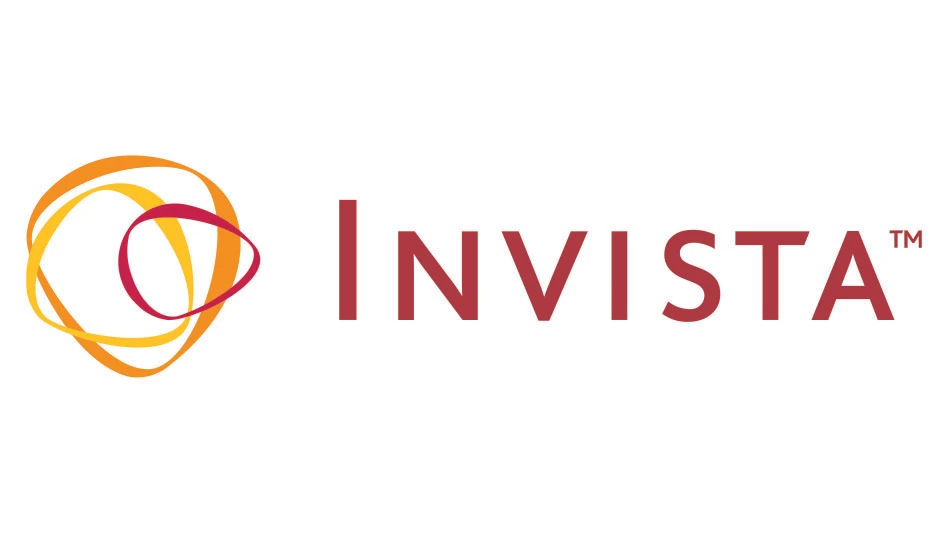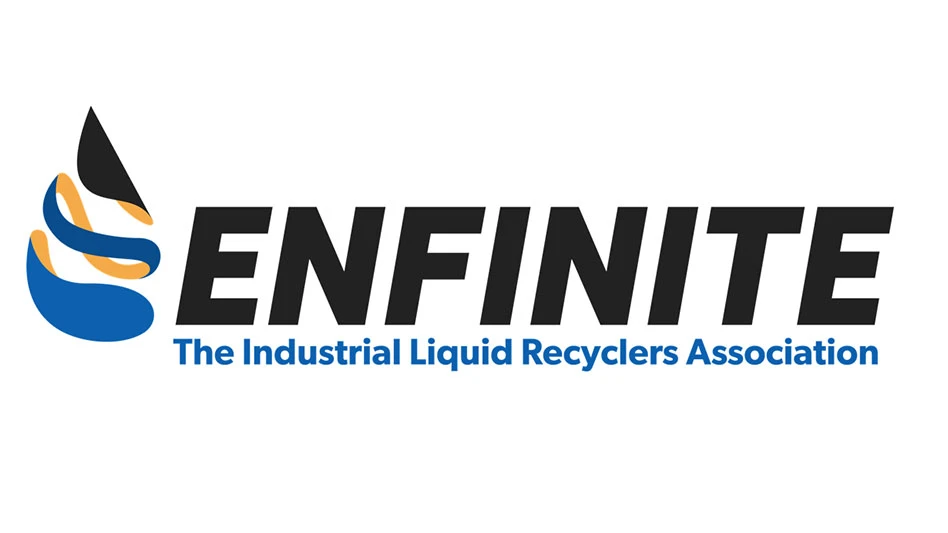The economic downturn is forcing business owners in the waste and recycling industries to pay particular attention to the bottom line. This focus is necessary to keep production strong and customers happy and to afford the equipment necessary to effectively process materials. Because the equipment and products used by recycling professionals are costly, it is vital for business dealers, processors and brokers to operate profitably by keeping costs down and remaining innovative and flexible with labor and materials.
When customers fail to settle their accounts on time, business owners are forced to evaluate the best way to retrieve the funds necessary to keep production consistent and steady while also paying their own bills.
A NEW MODEL
It is possible for businesses to remain healthy in an unstable economy with a few internal changes to accounts receivables practices. Fine-tuning collections procedures with the suggestions listed below can improve a recycling business’s bottom line and help maintain healthy relations with customers.
• Collect fees at time of service—When customers are allowed to delay payment after services are rendered, the lapse may cause them to rationalize postponing payment for an extended time or to dismiss the payment completely. By collecting fees at the time of service, a recycling company has the funds necessary to keep production and operations flowing. This approach eliminates costs associated with consistent invoicing and staff hours spent chasing overdue accounts.
• Invoice on a regular basis—Dealers, processors and brokers in the recycling industry have seen success by reaching out to customers with overdue accounts by sending invoices regularly. The greatest results have been through repeated, written appeals.
These simple changes may be all a recycling business needs to stay profitable and maintain good customer relations. However, in today’s precarious economy, a few minor hurdles may prevent many small businesses from properly pursuing overdue accounts internally, such as:
• Fear of alienating customers and damaging their reputations in the community;
• Lacking the staff time necessary to properly pursue overdue accounts;
• Losing control of accounts; and
• The inability to afford outside help.
To avoid the issues and struggles associated with retrieving overdue funds, many small businesses have achieved success by getting help from a third-party debt collection agency. In a time where it is possible for even the most upstanding customers to delay or deny paying bills, outside help removes owners and operators from the collection process and eliminates the fear of alienating customers.
It is never easy to ask for money, even when it is money owed for services rendered. A third-party debt collection agency can help reach customers, in a respectful manner, and convince them of their responsibility to settle their accounts. This keeps owners and operators from having to become aggressive in pursuing overdue accounts and eliminates the fear of clients taking the collections process personally. A diplomatic and respectful approach helps to preserve a business’s reputation in the community.
A SUCCESSFUL PARTNER
Taking the time to find a debt collection team to meet a recycling business’ specific needs and that also has a solid record of success may help provide the motivation necessary to reach obstinate debtors or to handle more complicated matters that may require legal measures. A third-party collection agency, coupled with internal fine-tuning, can dramatically improve accounts receivables.
A reputable debt collection agency should employ proven methods of success, such as:
• Early intervention—A debt collection team who acts as early as 30-days past due on an account helps customers prioritize their bills and swiftly reminds them of their responsibility to settle their accounts with their recycling companies.
• Respect and diplomacy—A debt collection agency that adheres to core values and is respectful garners a greater response from customers and removes owners and operators from the account process, strongly reinforcing the line between customer relations and collections.
• A flat-fee structure—A debt collection team that offers help at a fixed cost prevents businesses from having to incur fees by traditional agencies who often charge more than the profits recovered. A flat-fee structure enables more recycling businesses to pursue stubborn, overdue accounts at recovery rates that are usually more than quadruple the industry average.
• Customer driven technology—Owners and operators appreciate the ability to log into a collection agency’s Web site anytime of the day or night to manage their accounts in real time. When your customers are able to manage their affairs at times that meet their busy schedules, it helps speed up the collections process and keeps businesses from feeling they have lost control of their accounts.
• Free up staff time—Trying to convince customers of their responsibility to settle a bill is costly, tedious and time consuming. Many recycling businesses are unable to employ the staff necessary to effectively pursue overdue accounts or may exhaust their current staff with the timely task. Help from a third-party collections team frees up staff, enabling them to focus on matters pertinent to day-to-day operations.
A few changes to a business’s accounts receivables process, either internally or through a third party, will strengthen a recycling company’s finances in any economy. Treating customers well during difficult times is a good reflection on any business and builds customer trust as well as good relations with those in the community.
The author is one of five partners of Marlborough, Mass.-based American Profit Recovery Inc., an accounts receivable management firm with offices in Massachusetts, Michigan, North Carolina and Kentucky. He can be contacted at matt.moskowitz@americanprofit.net or at (877) 634-8900.

Explore the August 2009 Issue
Check out more from this issue and find your next story to read.
Latest from Recycling Today
- Greenville, Mississippi, launches aluminum can recycling program
- Cotton Lives On kicks off 2025 recycling activities
- Georgia-Pacific names president of corrugated business
- Sev.en Global Investments completes acquisitions of Celsa Steel UK, Celsa Nordic
- Wisconsin Aluminum Foundry is a finalist for US manufacturing leadership award
- MetalX announces leadership appointments
- Sofidel agrees to purchase Royal Paper assets
- US Plastics Pact report charts expansion path for recycled content in packaging





